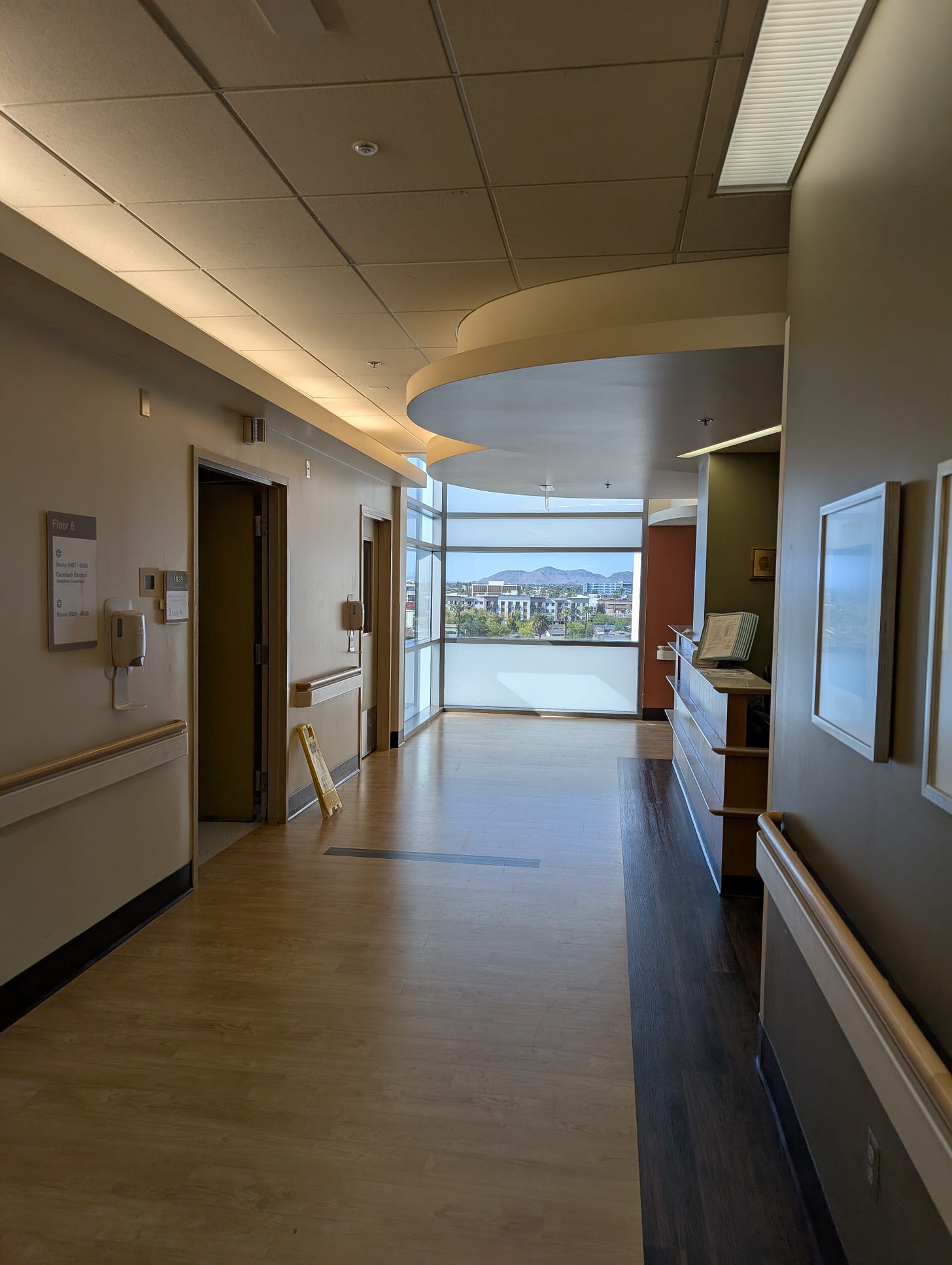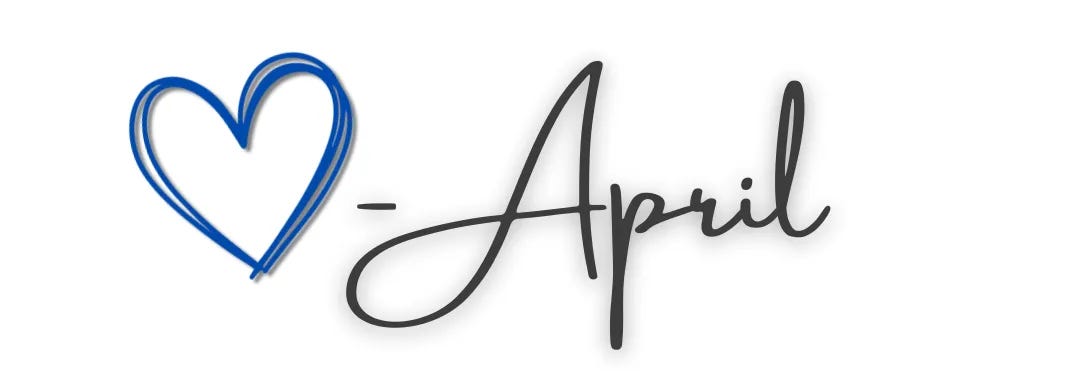Simple ways I’ve found to stay steady — through gentle productivity and small, meaningful actions — even in the middle of medical chaos.
.

Recently I have been helping support a close family member who had serious surgery and a rough recovery. In this process I have been reminded of so many tools I have gathered over the years.
A key piece for me (and my personality) when faced with difficult unexpected medical situations is finding what I can control. I find it helpful to focus my energy on the best next steps.
Maybe it is just the productivity nerd inside of me but when I am in a difficult scenario that I didn’t choose, I look around and find ways to be productive anyway. It might be something as simple as enjoying a coloring page or a puzzle (while quietly sorting out my feelings). Or it could be typical tasks that get an adjustment (like folding laundry while laying in bed on bedrest).
If I have the capacity to do something, then making progress makes me feel better. I find myself spiraling when I just sit there. Doing actions that help future me or other people give me an anchor.
I feel like this is not talked about enough. So often the expectation is that we run at 100% all the time or we lie comatose on a hospital bed. This perspective is not realistic or helpful. Why is this culture so all or nothing?
Life is full of ups and downs. We (and our close family members) will all experience illnesses, difficult diagnosis, adjustments, getting older, pregnancy complications, and unplanned ER visits.
As Kate Bowler says, “It is part of being human.”
So in the spirit of being practical, I will share some ways in the past that I have been in that middle ground. The very lows when I have been battling illness, caring for someone with a serious diagnosis, or hit with life-changing loss.

Below are some ways that I have chosen to redirect my energy in the midst of unexpected difficult times over the last 20 years.
My personal examples:
- Watching all the Jane Austin themed movies with my daughters while we were sick with a nasty flu over spring break.
- Having an “activity basket” of things that I enjoy doing to keep next to the bed or living room couch while on bedrest with my 3rd child. (magazines, knitting, picture books to read aloud to my littles)
- In my early 20’s I had knee surgery and found that creating variety in my day was essential to my mental health. I would carefully relocate to do different activities like eating, napping, reading, or watching a movie.
- Baking cookies, muffins, bread, and dessert bars to take to the extended family while I cried in my kitchen wrecked with grief over the loss of a beautiful but troubled 16-year-old cousin.
- Babysitting kids and making countless meals made for friends battling difficult news, miscarriage, and sudden job loss.
- Creating a “Things I Can Do” checklist specific for the situation. This is especially helpful when confined to a hospital room, in quarantine, adjusting to a new baby, or unable to walk.
- Being intentional about having “special snacks” in the pantry, soft clean blankets, and popcorn for the kids to enjoy while watching movies with their little cousin who just came back from chemo and radiation treatments. (It’s a happy ending, she just celebrated 3 years cancer free!)
- Bringing my favorite cookbooks and meal planning notebook with me to a day at the hospital. Sitting in waiting room anxious for Grandma’s surgery results, I used quiet moments to write out ideas for my fall season meal plan.
- Long slow walks in the neighborhood staring at the sky and listening to hymns. In winter of 2023, when the grief would begin to overwhelm my day, this was my favorite way to process and feel like myself.
- A few years ago when my IBS was at its worst, I found myself often sitting on the couch in the early morning hours, struggling to stop dry heaving. I would pick up “Prayer in the Night” by Tish Harrison Warren and read. Snuggling my dog as the sun came up and the comfort of those words brought peace in the midst of frustration and pain.
- Chopping veggies to put into a slow cooked soup or a pasta salad. The slowness of this meal prep gives me time to think and be present (especially on difficult days).
- Letting other people show up to my messy house, bring me meals, help me with laundry or caring for my kids… It can be hard to be vulnerable and let people see me struggling.

Medical emergencies and unexpected health challenges have a way of shaking up everything we thought was certain. But even in those heavy, uncertain moments, small actions can create calm, and tiny steps can offer comfort — both for ourselves and for the people we love.
Gentle productivity isn’t about hustling through hard times; it’s about anchoring ourselves when life feels unsteady.
I hope these ideas remind you that it’s okay to meet yourself where you are, to choose small wins, and to care for your future self even in the middle of the mess. This is part of being human — and you’re not alone.
I’d love to hear — what small things have helped you stay steady during a medical emergency or hard season?
Leave a comment
Sometimes the smallest efforts — a load of folded laundry, a journal entry, or a quiet moment with a puzzle — are the very things that steady us when the big picture feels impossible to hold. These little anchors won’t fix the situation, but they can give your heart and mind just enough room to breathe.
If you’ve walked through a season like this, I’d be honored to hear what helped you feel like yourself. Your story might encourage someone else walking a similar road. Thanks for being part of this little corner of the internet — it means more than you know.
Wishing you steadiness and strength, wherever life finds you today.
